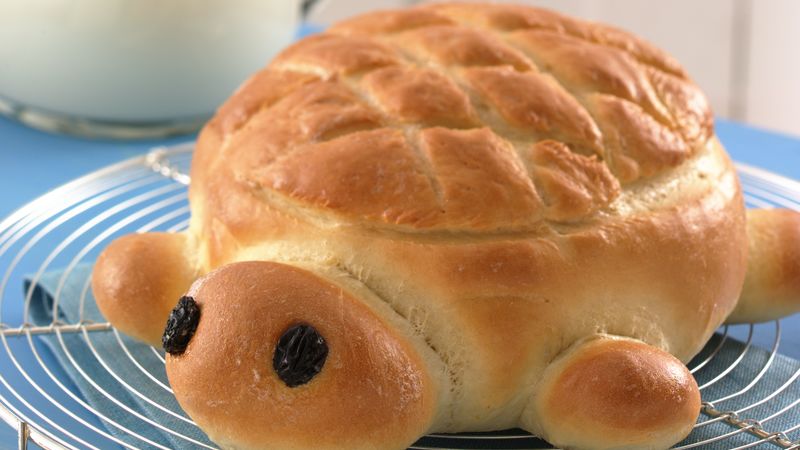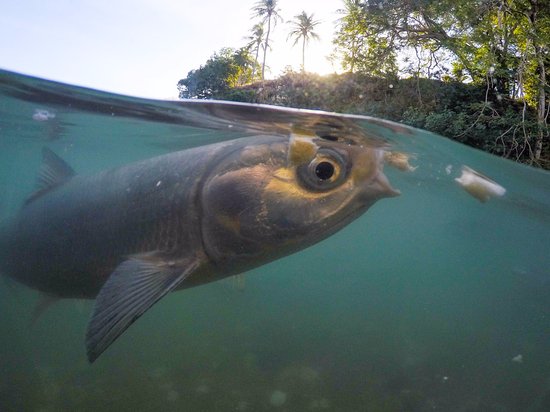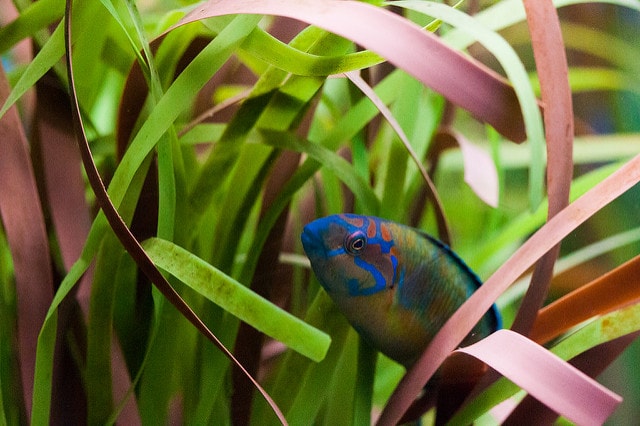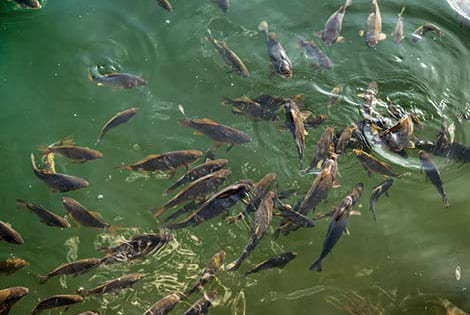Fishes are one of the convenient pets one could have. From being low maintenance to being reasonably priced and striking colors that can ultimately brighten up your home, fishes are a perfect choice. It is also a great option for people who have allergies due to fur or do not have enough time to take care of pets. One doesn’t have to be constantly worried about the noise; unlike dogs and cats, fishes are quiet. You can get a calming effect while watching them slide peacefully across the aquarium. However, one should do thorough research before petting a fish related to what should be their aquarium environment, diet, etc.
What do fishes eat?

For a healthy environment for your fishes, one should provide them with the right diet and also the correct quantity of Proteins, carbohydrates, fats, minerals, and vitamins, which are vital for a fish to live a healthy life but the amount of each needed by specific species depends upon whether your pet is a carnivore herbivore or omnivore.
Carnivores:
Meat-eating fishes like piranhas, archerfish, betta fish require a protein-rich diet. Therefore, insects and Mysis shrimps are some foods recommended for your fish. You can give them in the form of frozen food or freeze-dried as well.
Herbivores:
Fishes that only consume plants need a lot of fiber. Unlike carnivores, they cannot digest meat. This is why they have a long digestive tract. For such fishes’ dry food is the best option. Now when you think of dried food, one can think of flakes, but that’s not it! You can easily find nori algae or spirulina for your pet because it’s best suited for them. Other types of food include greens like lettuce, cucumber, and zucchini.
Omnivores:
Such fishes can be both meat-eaters and vegetarians too. So you can feed them both of the diets. You can give them dried foods that include granules, pellets, and discs. But make sure you know whether your fish is a top, middle, or bottom feeder, and then choose dry food from the floating or sinking variety.
How often should you feed the fish?

It is advised that you should not feed your fish too often.
If the fish is overfed, this can contaminate the tank or the aquarium, which subsequently affects the fish’s health. This is because if the leftover food stays in the tank for a longer duration, it will start to rot. Another reason is that over-eating will lead to the production of more waste inside the fishes’ body leading to poor water quality.
Other problems of overfeeding include; accumulation of fat on the liver, filter clogging leading to low oxygen levels, and worms’ growth.
What type of food should not be given to fishes?
Fishes need to have proteins, amino acids, fibers, lipids, vitamins, and minerals in their diet, and all the food fish that is manufactured contains all of these essential nutrients. However, some ingredients can be dangerous for your fish, such as:
- Fat: it is harmful to most fishes, and regular feeding of meat scraps can cause layer fat to build up around their heart, which can cause death. One can feed up to 3% of fat to herbivorous fishes and 6% to carnivorous fishes.
- Fish food with high water content: most of the fish food already has up to 5%-15%. If the fish feed is not properly packed, it can absorb moisture, leading to your pet’s health problems.
- Carbohydrates-rich food: other than yeast, foods rich in carbs can also cause gaseous problems for fish.
Do fish eat bread?

We normally see children feeding bread to fishes in a pond or a lake, and pet owners sometimes feed bread to their fishes. But the question is, “Should we feed bread to fishes?’. The answer is “NO” fishes are not supposed to be fed with bread. They will eat it like every other animal, but it is pretty much harmful to them.
Why isn’t bread suitable for fish?

It is a well-known fact that bread is made up of flour, sugar, milk, and, most importantly, “YEAST.” This is the main problematic ingredient that can cause severe health risks because it can cause the fishes’ stomach to swell up and cause constipation in most fish. Another component that can cause constipation is “gluten” the digestive system of fishes is not as strong as other animals and does not produce such enzymes necessary to break down gluten into smaller fragments, causing a blockage in the large intestine.
When food is not digested properly, it can cause gases to form that lead to bloating, and ultimately the fish becomes lazier, and you will notice that it does not want to swim around.
Yeast is also the reason for swelling inside the body, which causes the stomach to swell. Now, suppose the food is not digested properly. It will automatically lead to food poisoning due to the accumulation of waste materials. The fecal material cannot find its way out of the fishes’ body leading the animal to become lethargic and ill. These problems will add up to a slower metabolic rate.
Now that you know the adverse effects of feeding bread to fish, you shouldn’t provide them anymore. If your fish shows some of the symptoms mentioned above, ease your pet’s pain by giving them fibrous food and letting your pet thank you!
Conclusion
The digestive systems of humans and animals are not designed the same way. What is good for your health may be life-threatening for your fish. Make sure you double-check the ingredients before you buy food for your fish. But it’s simple, and you should give them a natural food diet. Of course, they will eat everything you give to them, and they don’t know what is good or bad for them. It is your responsibility as a caretaker to look after your fish as nicely as you can.
